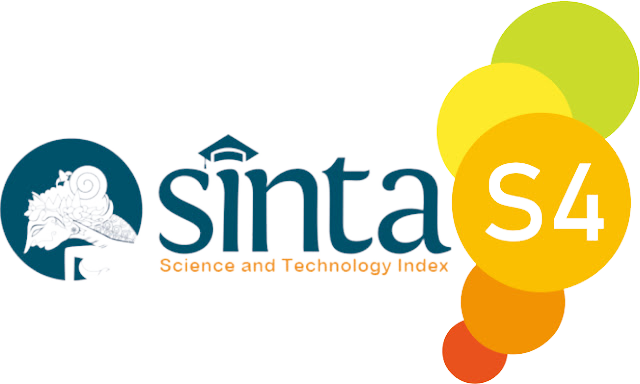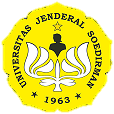Sosialisasi Sosialisasi Dan Edukasi Tentang Donor Rhesus Negatif Di Unit Tranfusi Darah PMI Kota Surabaya Tahun 2020
Abstract
Abstrak
Golongan darah tidak hanya dapat dibedakan menjadi A, B, AB, atau O menurut sistem ABO, tetapi juga melalui sistem faktor Rhesus (Rh). Komponen ini diperiksa dalam pemeriksaan golongan darah. Faktor rhesus dilihat dari keberadaan protein bawaan pada sel darah merah. Meskipun populasi rhesus negatif secara keseluruhan didominasi oleh orang-orang Kaukasia, rhesus negatif juga ditemukan di orang-orang Asia, tak terkecuali Indonesia. Menurut Badan Pusat Statistik (BPS), pada tahun 2010 populasi rhesus negatif di Indonesia tidak mencapai angka 1 % (sekitar 1,2 juta orang). Secara alami, gen pembawa rhesus negatif bersifat resesif, sedangkan rhesus positif bersifat dominan maka jumlah orang dengan rhesus negatif menjadi lebih sedikit. Pengabdian Masyarakat ini bekerja sama dengan Unit Tranfusi Darah (UTD) PMI Kota Surabaya dalam bentuk Sosialisasi dan Edukasi Tentang Donor Rhesus Negatif Di PMI Kota Surabaya agar warga masyarakat awam pun mengerti bahwa golongan darah tidak hanya A,B,AB dan O tetapi juga ada rhesus terutama tentang rhesus negatif.
Kata Kunci : Rhesus Negatif, Golongan darah, ABO
Abstract
Blood types can not only be distinguished into A, B, AB, or O according to the ABO system, but also through the Rhesus (Rh) factor system. This component is examined in the blood group examination. The rhesus factor is seen from the presence of an innate protein in red blood cells. Although the overall rhesus negative population is dominated by Caucasians, rhesus negative people are also found in Asian people, including Indonesia. According to the Central Statistics Agency (BPS), in 2010 the rhesus negative population in Indonesia did not reach 1% (about 1.2 million people). Naturally, the gene carrying rhesus negative is recessive, while rhesus positive is dominant, so the number of people with rhesus negative becomes less. This Community Service collaborates with the Blood Transfusion Unit (UTD) of PMI Surabaya City in the form of Socialization and Education About Rhesus Negative Donors at PMI Surabaya City so that ordinary people understand that blood types are not only A, B, AB and O but there is also Rhesus especially about rhesus negative.
Keywords: Rhesus Negative, Blood type, ABO









